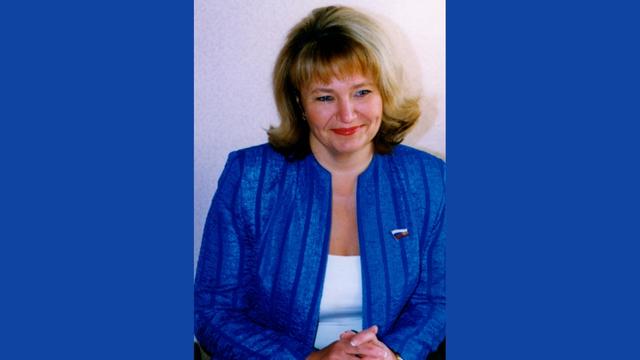The crime should cover cases, including of religious movements, where all efforts to declare a group “extremist” fail.
by Massimo Introvigne


The Patriarchal Commission on Family Affairs and Protection of Motherhood and Childhood of the Russian Orthodox Church is calling for the introduction of the concept of “destructive ideology” and punishment for its dissemination into the Criminal Code and the Code of Administrative Offenses, as revealed by the state-owned agency RIA Novosti.
Inga Yumasheva, a former member of the Duma and an “expert” working with the Russian Orthodox Church’s Patriarchal Commission, told last week the Duma’s Expert Council to Improve Legislation in the Social Sphere, that “We propose, first of all, to work to include the concept of ‘destructive ideology’ into the Criminal Code and the Code of Administrative Offenses, and then to provide for appropriate punishment for its dissemination.”
Criticism of the Russian Orthodox Church and claims that other religious or spiritual paths are superior to it are normally criminalized in Russia by applying the law against extremism, which is interpreted to categorize these claims as “religious extremism” even when no physical violence or incitement to violence is involved. However, Russian anti-cultists who call new religious movements “destructive cults” (“sekty” in Russian) have lamented that not in all cases “extremism,” even by adopting this broad definition, can be proved.
The Russian Orthodox Church also includes among “destructive ideologies” those advocating LGBT rights.


Earlier this month, the head of the State Duma Committee on Family Affairs, Nina Ostanina, who despite being a member of the Communist Party has often cooperated with the Patriarchate in the fight against “destructive ideologies,” told the same RIA Novosti that a bill against “sorcerers and healers” is also being prepared. These are also figures the anti-cultists claim are involved in “cultic activities” not easily captured by the anti-extremism legislation, particularly when they operate as solo practitioners and do not create recognizable movements.









